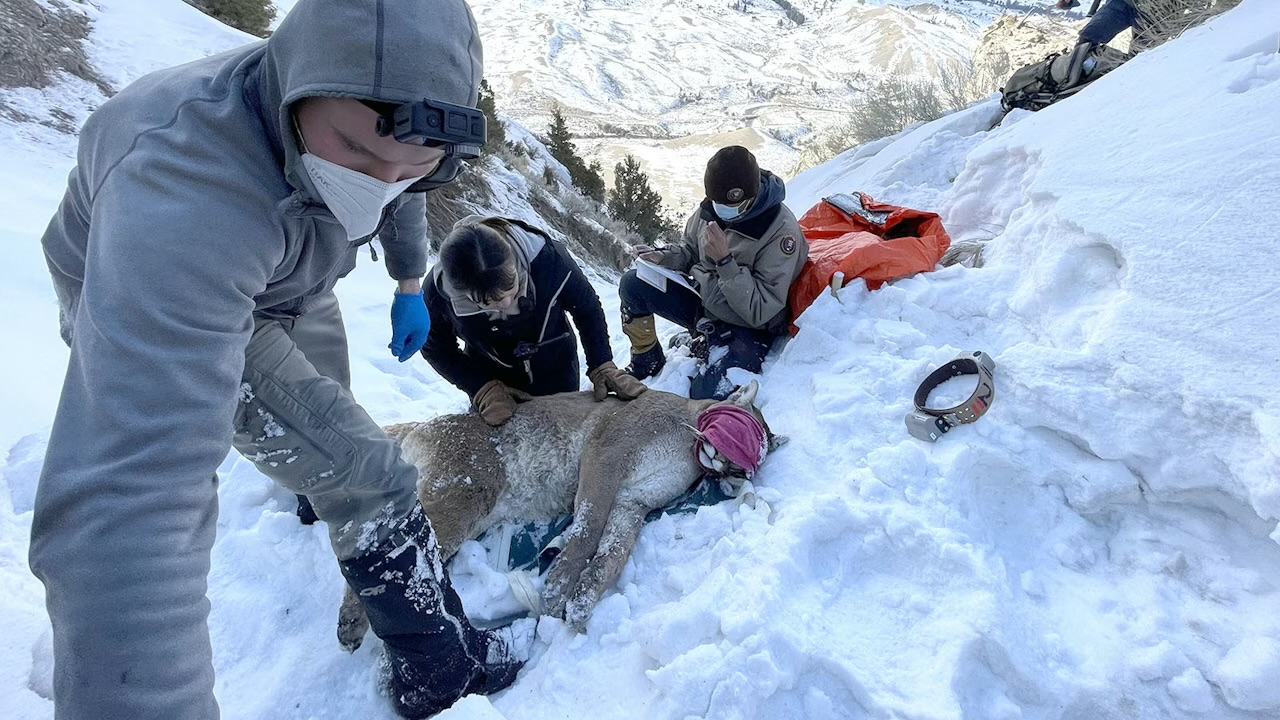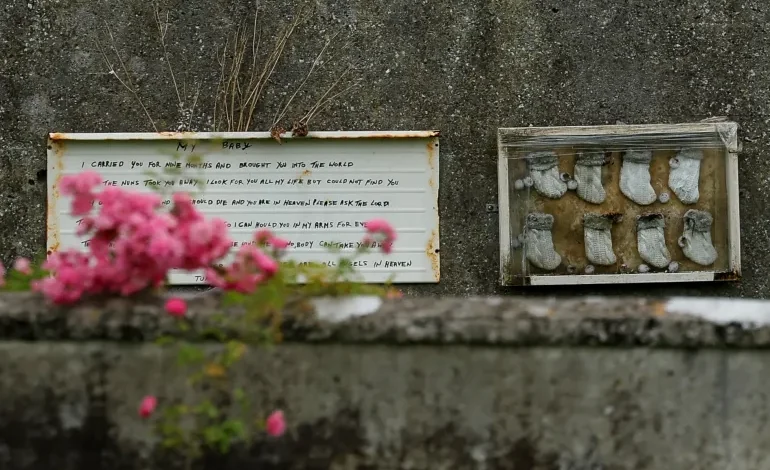Forensic archaeologists and criminal‑evidence specialists have spoken about excavation in Tuam, County Galway, Ireland, at a former Church‑run home for unmarried mothers.
Many say the site contains the remains of around 800 infants and children who died in 1925-1961.
The excavation, scheduled to last around two years, is set to retrieve and identify the remains, which may have been buried in a disused septic tank and nearby grounds. Ireland’s government and international experts lead the excavation via meticulous forensic techniques.
The operation follows the research of local historian Catherine Corless, who 10 years ago uncovered death records with no relevant burial documentation, prompting a public apology and state-ordered investigation. Test digs in 2016–17 confirmed earlier finds of infant remains and personal items beneath the former home.
“These children were denied every human right in their lifetime as were their mothers,” Anna Corrigan, whose two siblings may have been buried at the Tuam site, told reporters this month, according to the AFP news agency.
Officials stress the challenge of the task, given the commingled nature of the remains and the urban housing estate now overlying the site. Families, including some who have sent DNA sample, hope the process will provide closure and allow the children to be respectfully identified and reburied.
A six-year probe, initiated after the discoveries in Tuam, revealed that 56,000 unmarried women and 57,000 children passed through 18 mother-and-baby homes across Ireland in 76 years. The investigation also found that some 9,000 children died in these institutions, which were operated by the state and the Catholic Church.
With input from Al Jazeera










The latest news in your social feeds
Subscribe to our social media platforms to stay tuned